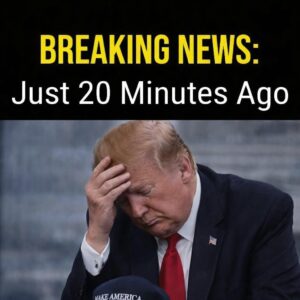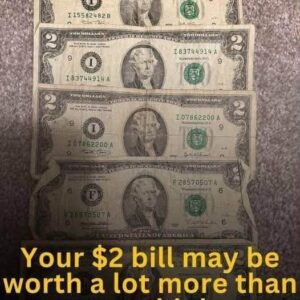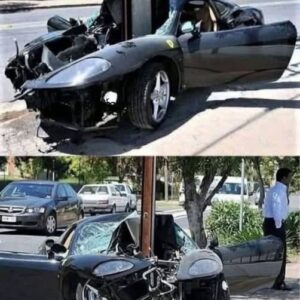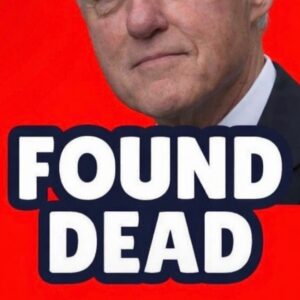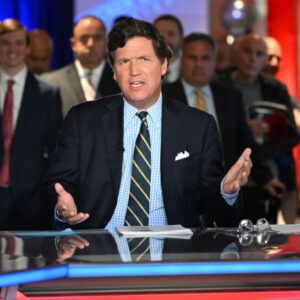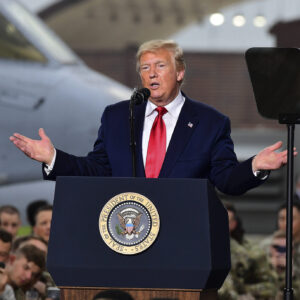In an unexpected and bold statement, President Donald Trump has named himself as his “number one choice” to replace the late Pope Francis, sparking a wave of reactions. The 78-year-old U.S. President, who has previously emphasized his self-confidence in various arenas, made this revelation when asked who he thought should succeed the late pontiff, who passed away on Easter Monday following a stroke and subsequent heart failure.
While this suggestion might be viewed as a tongue-in-cheek remark, Trump’s serious tone and his claim to be a suitable candidate have raised eyebrows. Despite identifying as a non-denominational Christian, a branch of Protestantism, Trump expressed that he’d be a perfect fit for the role, asserting, “I’d like to be Pope. That’d be my number one choice.”
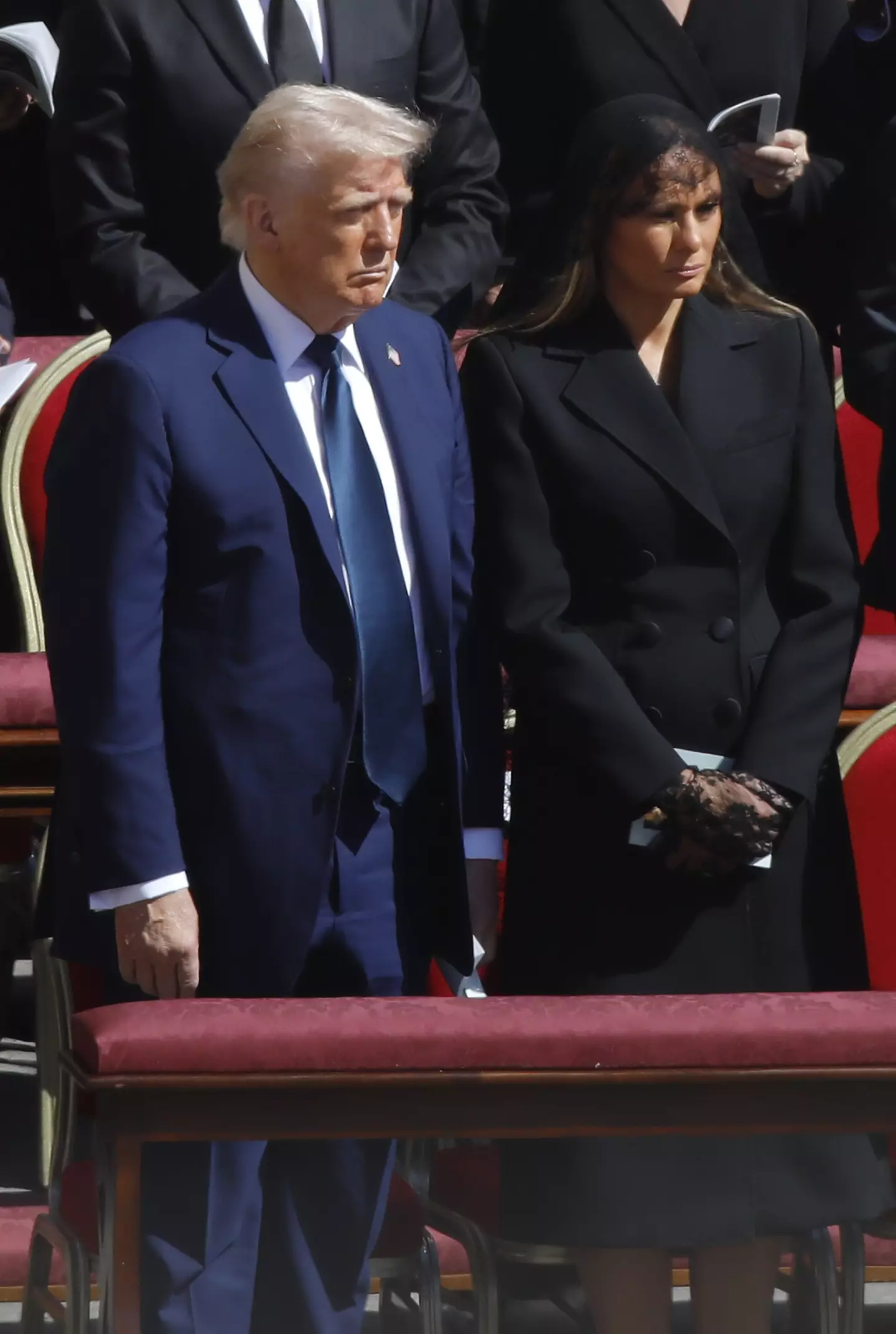
The President and Melania seen attending the pontiff’s funeral last weekend (Marco Ravagli/Future Publishing via Getty Images)
Pope Francis’ Legacy and the Search for His Successor
Pope Francis’ death has left a profound impact on the Catholic Church, as he was widely regarded as the “People’s Pope” for his focus on social justice, compassion for the poor, and openness to reform. His legacy, particularly his work on behalf of marginalized communities and his efforts to modernize certain aspects of the church, set a high bar for any potential successor.
With over 100 cardinals set to convene in the Sistine Chapel on May 7 to begin the secretive papal election process, the search for a new leader of the Catholic Church is underway. The process is steeped in centuries-old tradition, with strict criteria for potential candidates, including being male, unmarried, and baptized within the Catholic Church. Additionally, candidates must meet age and educational requirements, such as being at least 35 years old and having a strong background in theology or canon law.
While Trump’s statement about his desire to become the next Pope is more humorous than practical, it underscores his characteristic self-assuredness. His suggestion also seems to disregard one crucial detail: Trump is not Catholic. For many, the idea of a non-Catholic leading the Catholic Church is, to put it mildly, a stretch.
Trump’s Comments and a Potential U.S. Pope
While Trump jokingly named himself as his top choice for the papacy, he did express some openness about the possibility of a U.S. pope. “I must say, we have a cardinal that happens to be out of a place called New York who’s very good, so we’ll see what happens,” Trump added, subtly suggesting that a U.S. cleric could be a strong contender.
Though Trump didn’t specify which cardinal he was referring to, his comments align with broader speculation that the Catholic Church could one day elect a Pope from the U.S., a country with a significant Catholic population and increasingly influential role in global politics. A U.S. pope, however, would be unprecedented, and it remains to be seen whether such a development would be widely embraced by the Church’s global leadership.
Lindsey Graham Supports the Idea of a “Dark Horse” Pope
One prominent Republican who enthusiastically backed Trump’s playful suggestion was South Carolina Senator Lindsey Graham. In a social media post, Graham called Trump a “dark horse candidate” for the papacy, encouraging the papal conclave and Catholic faithful to keep an open mind about the possibility. Graham, known for his close relationship with the president, added humorously, “The first Pope-U.S. President combination has many upsides. Watching for white smoke… Trump MMXXVIII!”
Graham’s support of the idea that Trump could one day be Pope reflects the strong political and personal connection between the two, with Graham suggesting that Trump’s unconventional approach could bring something new and exciting to the position.
Trump’s Recent Involvement in Papal Events
Trump’s interactions with the Catholic Church have not been without controversy, particularly during his attendance at Pope Francis’ funeral. His choice of attire for the event raised eyebrows, as some critics viewed it as inappropriate for such a solemn occasion. In addition, Trump was seen speaking with Ukrainian President Volodymyr Zelenskyy before the service, causing further chatter about the president’s focus on political matters in a religious setting.
Nonetheless, Trump’s presence at Pope Francis’ funeral, and his public comments about the papacy, highlight his ongoing role in global diplomacy and his willingness to engage with religious leaders and institutions, albeit in his own unique way.
Conclusion: A Playful, Yet Surprising Statement
While President Trump’s suggestion that he could be the next Pope is likely more of a playful remark than a serious political statement, it has captured the public’s attention, adding another layer to his unpredictable public persona. The papacy remains one of the most powerful and revered positions in the world, and the process of selecting a new pope will undoubtedly continue to be an important moment for both the Catholic Church and global affairs.
Trump’s comments may be seen as another example of his brash style and self-confidence, but they also highlight the ongoing conversations about the intersection of religion, politics, and leadership in the modern era. Whether or not a U.S. pope is in the future of the Catholic Church, one thing is certain: Trump’s involvement in the conversation is bound to generate continued debate.
